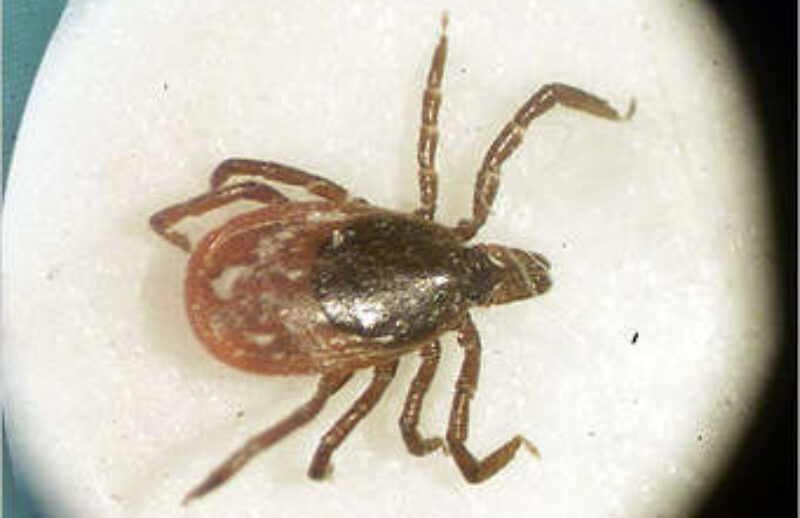Everyone loves spring, flowers budding, leaves growing on the trees, and warmer temperatures. Unfortunately, each year the cases of Lyme Disease across the country gets worse. Many of the parasite increases that we are seeing in Ontario can be attributed to global warming, decreased pesticide use and a thriving white tail deer population. There is truly a benefit to the cold Canadian winters we used to have, since many parasites cannot survive severe cold. With the increasing housing development near the woods, and even a greater population of mice that carry Lyme Disease means a greater number of humans and pets may become ill with Lyme and other tick-borne diseases. Cats can get Lyme disease, but it’s rare.
Ticks are nasty little creatures, they start to look for a blood meal at 4 degrees Celsius.
The tick population in southern Ontario is rapidly increasing. Recently a Durham resident found one on their dog. They live in a residential area of Whitby and the only time their dog has left the backyard was for a walk around the neighborhood. The tick tested negative and I haven’t heard of a Lyme disease outbreak, but it’s still something to be aware of. Tick bites on dogs may be hard to detect. Ticks are really good hiders and it feels like a skin tag. They like crevices, so check behind and in your dog’s ears, and throughout their fur. Signs of tick-borne disease may not appear for 7-21 days or longer after a tick bite, so watch your dog closely for changes in behavior or appetite if you suspect that your pet has been bitten by a tick
If your pet happens to have a tick on their body don’t kill them and don’t take it off yourself as squeezing it may cause the bacteria to enter the wound, and pulling the head off can lead to infection. It’s best to take pets to a vet and humans to a doctor to let them do it. Symptoms include fever, anorexia, lethargy, lameness, renal failure and neurological symptoms.
Parasite treatment year-round is the best approach to treat for ticks before they can transmit the disease. Vets can offer Interceptor tablets monthly, combined with a tasty Barvecto chew taken orally every three months. The combination of Interceptor and Bravecto will provide extremely effective control of the higher risk parasites in Ontario. Interceptor does not have a flea control ingredient. Therefore, the Interceptor should be combined with Bravecto, a highly effective flea and tick control product. It works very specifically on the nervous system of the fleas and ticks, and does not affect the nervous system of mammals at all, so is a very safe product.
As always speak with your veterinarian first to ensure you pet is getting the best possible treatment.






